Murder in Disguise
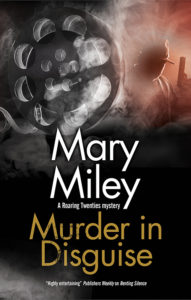 Joe Petrovitch was gunned down on a sunny Saturday afternoon in early October, during the ninth reel of Charlie Chaplin’s Gold Rush. Employed by Douglas Fairbanks and Mary Pickford, Jessie Beckett has a busy time as Script Girl for Pickford-Fairbanks studios. Yet she also has a reputation as a skilled amateur sleuth. So when a projectionist is shot dead and his grieving widow asks Jessie if she can find out who killed him, Jessie is determined to find the killer and his motive. But who was the mysterious man in the red coat who fired three shots at Joe Petrovitch? And how could he enter and leave a crowded theatre without being noticed? To find the answers, Jessie must delve into the dead man’s past and uncover dark secrets from another continent and another era. As she is to discover, the past has a long reach…
Joe Petrovitch was gunned down on a sunny Saturday afternoon in early October, during the ninth reel of Charlie Chaplin’s Gold Rush. Employed by Douglas Fairbanks and Mary Pickford, Jessie Beckett has a busy time as Script Girl for Pickford-Fairbanks studios. Yet she also has a reputation as a skilled amateur sleuth. So when a projectionist is shot dead and his grieving widow asks Jessie if she can find out who killed him, Jessie is determined to find the killer and his motive. But who was the mysterious man in the red coat who fired three shots at Joe Petrovitch? And how could he enter and leave a crowded theatre without being noticed? To find the answers, Jessie must delve into the dead man’s past and uncover dark secrets from another continent and another era. As she is to discover, the past has a long reach…
Is your book club reading Murder in Disguise? Consider posing these questions:
–Did you hear stories from your grandparents about the Roaring Twenties? Prohibition? Women’s rights? How did they correspond to the circumstances in Murder in Disguise?
–What parallels do you find between Prohibition of alcohol in the 1920s and today’s prohibiting of recreational drugs? Do you think the government should prohibit or regulate alcohol, recreational drugs, medicine, cigarettes, or other items?
–Some historians believe the women’s movement made its greatest advances in the 1920s. What evidence for this did you find in Murder in Disguise? What examples of limitations on women did you notice in the story? What could Jessie do or not do back then that we take for granted today?
–Vaudeville began in the 1870s and reached its height in the 1920s when this story takes place. It declined in the 1930s and was gone by the 1940s. Why did this popular form of family entertainment disappear?
–The Roaring Twenties was a virulently racist era, the height of the Ku Klux Klan in both northern and southern states, and a time when anti-black, anti-Catholic, anti-immigrant, anti-Semitic, anti-Asian, and anti-gay sentiments were universal. What makes Jessie more open-minded than the typical American?
–What special difficulties does Jessie face when it comes to discovering who killed the projectionist? The other murders? If the investigation happened today, what differences would we find in the story?
–Could the story have happened like this today? How would it have changed if we moved the date to the present?
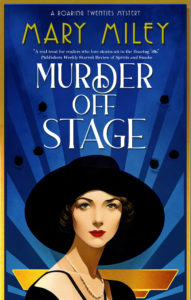 Murder Off Stage
Murder Off Stage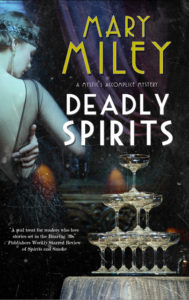


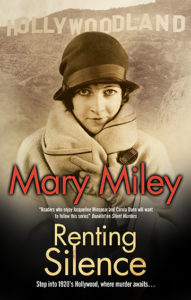
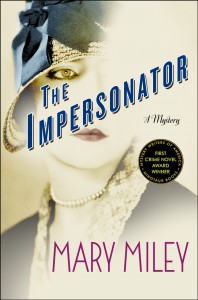
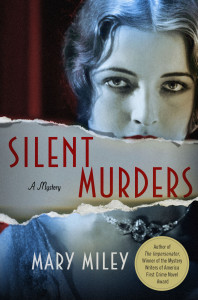


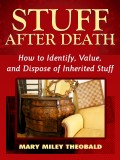





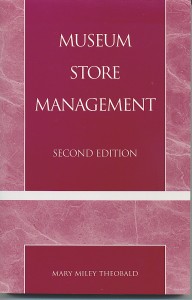
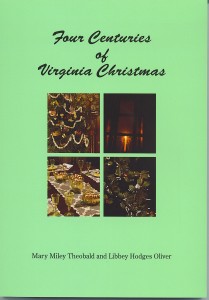
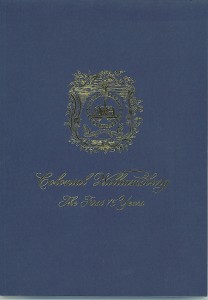





like me on Facebook follow me on twitter linkedin pinterest rss